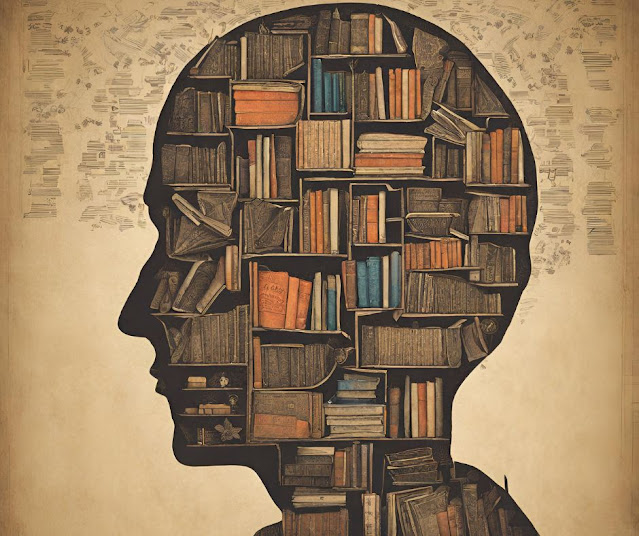Navigating the Labyrinth: A Deep Dive into the Physiological, Psychological, and Mental Dimensions of Reading

In the intricate tapestry of human cognition, the act of reading stands as a testament to the interconnectedness of physiological, psychological, and mental processes. Beyond the mere decoding of words on a page, reading is a rich and complex interaction that involves the integration of sight, speech, and hearing. In this exploration, we embark on a journey through the labyrinth of the mind, unravelling the profound dimensions that shape our ability to read, and shedding light on the critical roles of educators and parents in this odyssey. The Physiological Symphony: The symphony of reading begins with the physiological orchestra—our senses. Sight, the visual cornerstone of reading, extends beyond mere perception; it is the gateway to letter and word recognition. However, the harmony is disrupted when visual challenges go unnoticed. Regular vision tests for students become the first line of defence, ensuring that any hindrances to optimal visual processing are identified and addressed ...


